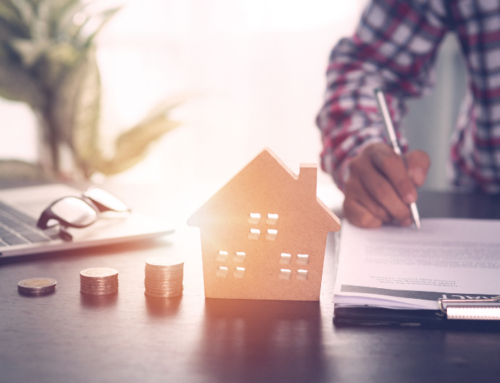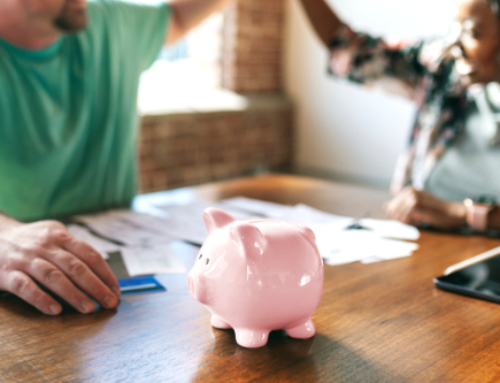Solar energy is nothing new, but the speed at which it is being marketed for personal homes is increasing. The question is if it is worth it for you to jump in and invest. There are many things that you should consider. While there are always environmental reasons to do it, you need to make sure it makes financial sense for you as well. Take a look at the following things to consider before signing on the dotted line.
Electric Bill
One of the top-selling points is that getting solar panels is going to lower your electric bill. This is true. Many only pay the electric companies the hook-up fees and nothing more. The other side of this is you will not see the savings until you have paid off your panels unless you have enough to buy them outright. Those that need to finance them will have a monthly bill for that until paid in full. In the long term, this will work out in your favor. If you are not planning on staying in your home for over ten years, you will never see the savings. As the savings only comes after the panels are paid off.
Value
If moving is in your future, having the hassle of installing solar panels already will improve the value of your home. You can end up selling them with your home. It could set your home apart from another. Many want solar panels but do not want to have to go through the process of doing it. It will always be a selling point to have already done it. The downside is if you still owe on your panels, that will come out of anything you make off your home as you will have to pay them off.
Carbon Footprint
The environment around us is something we should all be worried about. Each person should be doing their part to reduce waste and keep the earth in excellent condition for the next generations. Getting solar panels will reduce your carbon footprint. It is moving in the right direction of eliminating problems for our planet. This just must be balanced with the financial strain it could have.
Roof Type
Not all roofs are created equal. When it comes to getting the most out of your solar panels, they want them angled at a specific position and facing the correct direction. There is a best-case scenario, and not all homes meet it. It does not mean that you cannot use them, you just may not get the best results, or extra steps may need to be taken. One instance of this is those with a flat roof. Stands have to be made to install them as they cannot lay flat and be effective. These needs should be weighed against the cost. Are you going to be producing enough to save you money?
Is Solar Energy right for you? Hopefully, you are closer to making that choice.





